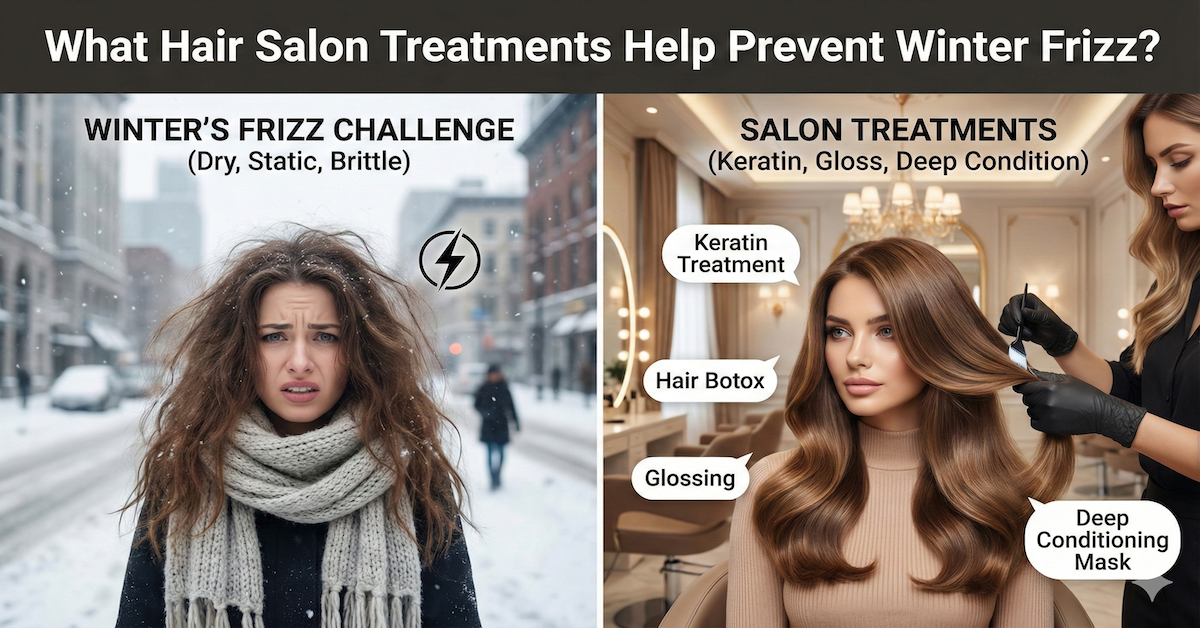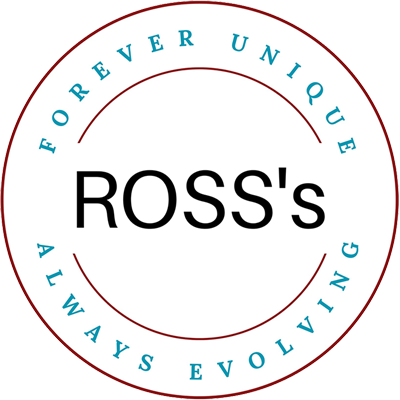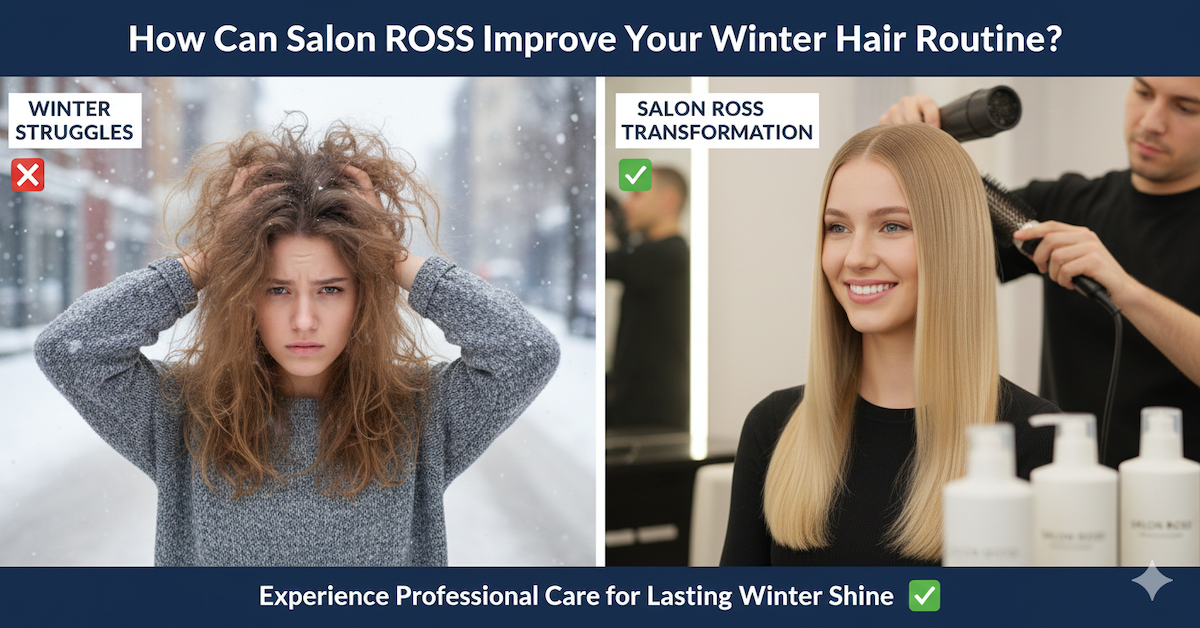What Are the Key Benefits of Medical-Grade Skincare?
When it comes to skincare, not all products are created equal. Many people invest in over-the-counter creams and serums, hoping for visible results, only to find minimal change. That’s where medical-grade skincare stands apart. These products are formulated with higher concentrations of active ingredients, backed by clinical research, and designed to target specific skin concerns more effectively. If you’ve ever wondered why dermatologists and licensed aestheticians recommend medical-grade products, this guide explains the key benefits and why they may be worth the investment.
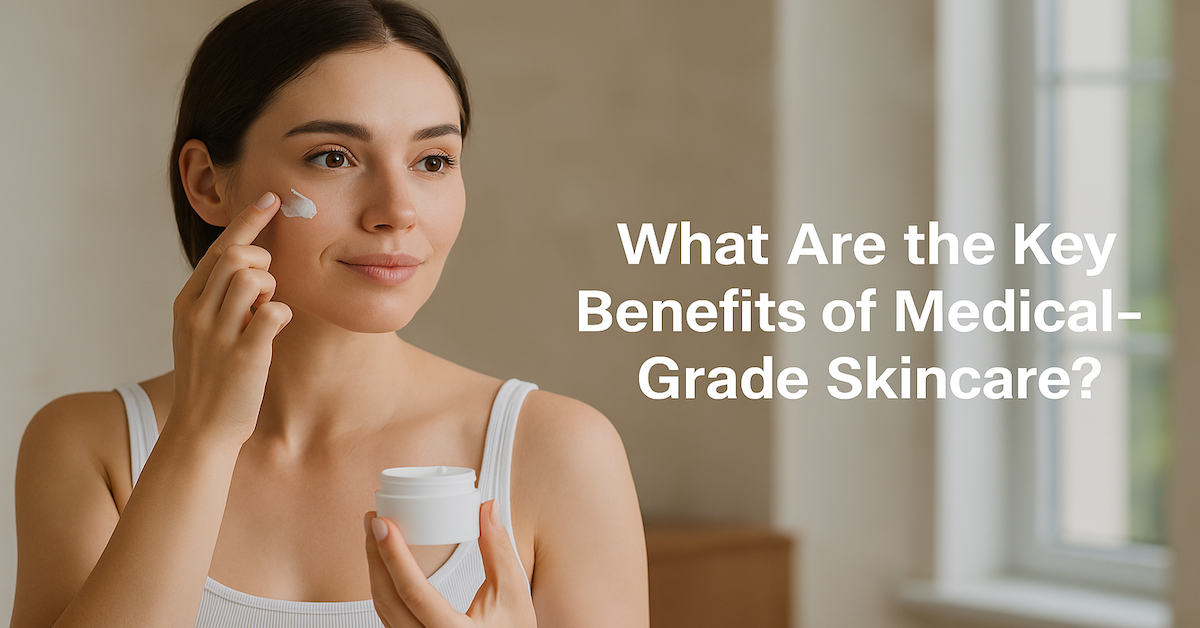
What Is Medical-Grade Skincare?
Medical-grade skincare refers to products developed with advanced formulations and higher-quality ingredients designed to penetrate deeper into the skin. Unlike standard cosmetic brands you find in retail stores, these products are typically available through dermatologists, skincare professionals, or specialized clinics.
The main difference lies in their strength and science-backed results. Medical-grade products are often supported by clinical studies, ensuring the ingredients and concentrations are proven to deliver real improvements. They are formulated to treat conditions like acne, hyperpigmentation, fine lines, and uneven texture rather than just temporarily masking them.
How Medical-Grade Skincare Differs from Store-Bought Products
Over-the-counter products are designed for mass use, meaning they must remain mild enough for anyone to apply without irritation. As a result, their ingredient concentrations are lower and often only work on the surface of the skin. Medical-grade skincare, on the other hand, uses advanced delivery systems that allow active ingredients to reach the deeper layers of the skin where true repair occurs.
Another difference is quality control. Medical-grade brands undergo rigorous testing for safety and effectiveness. Each formulation must meet higher standards before release. This ensures consistent results, something not guaranteed with drugstore alternatives.
The Top Benefits of Using Medical-Grade Skincare
One of the biggest advantages of medical-grade skincare is its ability to produce noticeable results faster. Because the formulations are potent and carefully balanced, they can address skin concerns more precisely. Below are some of the main benefits:
- Clinically Proven Results: These products are backed by research, so their effectiveness is not based on marketing claims but on measurable outcomes.
- Higher Concentrations of Active Ingredients: Ingredients like retinol, peptides, vitamin C, and hyaluronic acid are used at clinical levels that create real change in skin texture and tone.
- Targeted Solutions: Medical-grade skincare is tailored to specific skin conditions such as acne, rosacea, melasma, or signs of aging, making it more effective than one-size-fits-all formulas.
- Long-Term Skin Health: Instead of offering temporary hydration or glow, these products improve skin structure and function over time, promoting stronger, healthier skin.
Common Skin Concerns Treated with Medical-Grade Skincare
Whether you are dealing with stubborn acne, sun damage, or fine lines, medical-grade skincare can help. These formulations are designed to treat common concerns from the inside out:
- Acne and Breakouts: Products with medical-grade salicylic acid or benzoyl peroxide can reduce inflammation and unclog pores effectively.
- Pigmentation Issues: Advanced brightening ingredients like hydroquinone or kojic acid help fade dark spots and even out skin tone.
- Aging and Wrinkles: Retinoids and peptides stimulate collagen production, reducing fine lines and improving elasticity.
- Dry or Sensitive Skin: Dermatologist-developed moisturizers strengthen the skin barrier and reduce irritation without clogging pores.
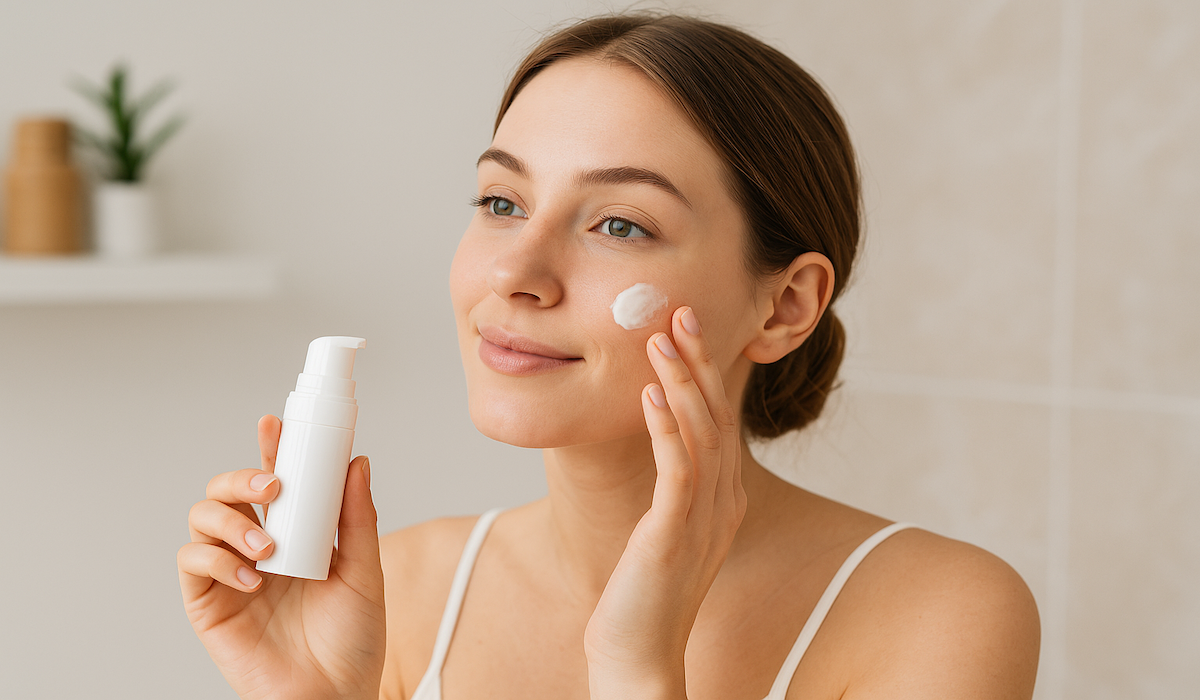
Are Medical-Grade Products Safe for Daily Use?
Despite their higher potency, most medical-grade skincare products are formulated to be safe for regular use under professional guidance. Dermatologists or licensed aestheticians usually recommend starting slowly, especially when introducing products like retinol or chemical exfoliants. Over time, your skin builds tolerance, and results become more noticeable.
It’s always best to consult with a skincare professional before starting a new regimen. They can assess your skin type, identify underlying issues, and design a customized plan that delivers the best results while minimizing irritation.
How to Choose the Right Products for Your Skin Type
The key to success with medical-grade skincare is choosing the right products for your specific needs. Start by identifying your main concerns—whether it’s acne control, anti-aging, hydration, or pigmentation. From there, work with a licensed provider who can guide you toward the most suitable formulations.
Look for brands with a reputation for transparency and science-backed ingredients. Products from trusted medical-grade lines like SkinCeuticals, Obagi, or ZO Skin Health are commonly recommended because they balance efficacy with safety. Consistency is equally important. Using your products as directed and giving them time to work will yield the best outcome.
Conclusion
Medical-grade skincare offers a higher level of care that goes beyond the surface. With proven ingredients, deeper penetration, and customized solutions, it provides real, long-lasting results that store-bought brands often can’t match. While these products may cost more upfront, their long-term benefits—clearer skin, reduced signs of aging, and a healthier complexion make them a worthwhile investment in your confidence and skin health.
If you’re ready to experience professional skincare that delivers visible results, visit ROSS’s in Highland Park. Their experienced team can help you choose the right medical-grade skincare products tailored to your unique needs. Whether your goal is anti-aging, acne control, or overall skin rejuvenation, ROSS’s in Highland Park offers expert advice and trusted brands that bring out your skin’s best potential.
